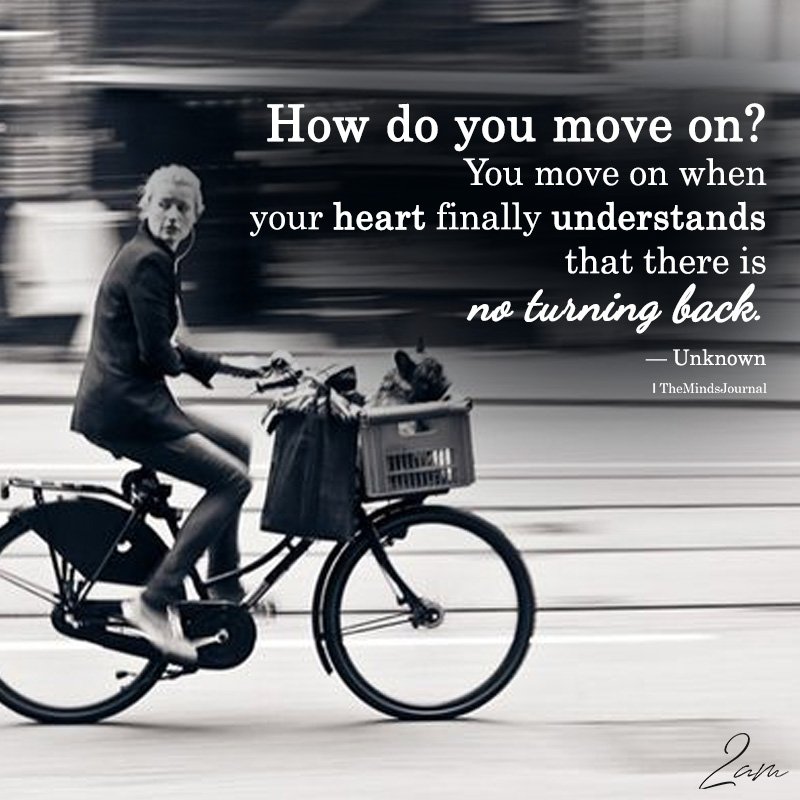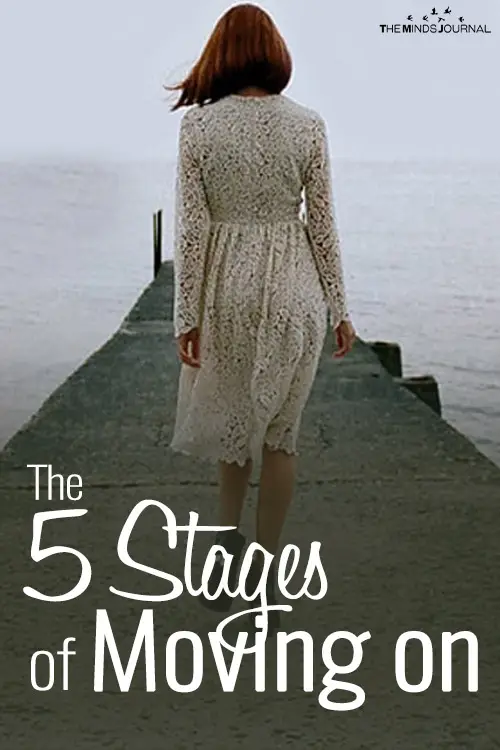Unfortunately, a loss is an integral part of the human experience and something that virtually everyone will have to deal with at some point in their life. This loss can also include a failed relationship or breakup. In general, the human grieving process tends to follow a certain path for most people. This mental process to overcome grief and moving on is more clearly defined as the Kubler-Ross model, the five stages of grief.
The Grieving Process, or The 5 Stages of Coping in Psychology. In about any loss, all stages are the same, and understanding these stages assists you on your journey toward moving on and normalcy.
What are these stages and how they are related to moving on?
There is no correct way in which to grieve, or how to feel when we lose a person that is precious to us. These stages are simply an effort to help people deal with the myriad of emotions and actions that will be experienced after or during a loss.
There are the five steps of grief; Denial, Anger, Bargaining, Depression, and finally Acceptance.

Simply put, some people will be shaken more than others, which is completely natural. This also means that their grieving process might be longer or shorter.
In the grieving process, it takes into account various emotions but one’s grief is as different as their life is. Therefore, it’s possible for people to sometimes go through the five stages in a different way than someone else.
In this article, we focus on understanding the process and each stage which will help you cope with your emotions during the stages.
5 Stages of Moving On:
1. Denial
You refuse to believe that it is really over, and you start to think of how you cannot live without your partner because you have already clearly envisioned your future with them. You shut out the words and run from the facts. This is a transitory reaction that brings us through the primary rush of pain.
But If the denial is within normal bounds and is short-lived, it can be more helpful than harmful. You can’t keep living on empty promises, that’s not how you can move on. The sooner you accept and let go of denied, suppressed feelings, the sooner you will learn how you can deal with them.
Read: What Letting Go Actually Is Because It Isn’t As Simple As Moving On
2. Anger
The stage where you just want to punch, kick and scream at what has happened. This is a time of intense emotion, processing feelings of the unfairness of the situation; “Why Me?” Oftentimes people will be looking for someone or something to blame.
On the inside, anger manifests through previous recurring thoughts. Folks who are grieving and are experiencing anger will thus ask themselves why it had to happen to them, how it’s possible, and worst of all, who is to blame.
Don’t search for an easy way out by assigning a villain to the story. Deep down you may know that you have some fault too. It takes two to make a relationship and also two to break it. Maybe that’s what angers you the most.
3. Bargaining
You may think that you cannot handle the reality of losing the one you love, and you would do anything to get him/her back. Thus, you start thinking of what it would take in order for your partner to come back to you.
is the hope that somehow a person can bargain his way out of the loss and/or pain, usually with a higher power. It can also involve asking for compromise in such circumstances as a divorcee or dissolution of a relationship. A partner may ask the other for friendship, or some kind of minimal contact in order not to endure the entire loss.
After a break-up, The bargaining stage is also sometimes called the what-if stage. You might find yourself asking what if you introduced some change so that things could be the way they were before.
Read: 6 Things That Happen When You Have To Let Go Of Your Soulmate
4. Depression
This is the hardest part. Here, the individual is unable to function as usual because he or she is too sad. The person first becomes sad in reaction to the event that happened.
Well, this is the time, social interaction is needed. Your depression stage is the time to talk, as this is when you can benefit the most from some heart-to-heart interactions. Anyone you feel comfortable with can be suitable for hearing you out. The important thing is to express as much as you can because this is the best way to acknowledge your grief and face it head-on.
5. Acceptance
This is the last stage in which a person is finally ready to admit the loss, and find appropriate ways to continue with life in a healthy and meaningful way.
It can come in many forms, but the bottom line is that you come to some form of acceptance that you may have lost a relationship, but you have not lost your own sense of identity in the process. This is when you finally allow yourself to let go of all the pain and then move towards starting a new life.
Part of acceptance is realizing that a chapter of your life is closed and maybe will never come again. To accept is to realize that this is the new norm, that it’s here to stay.
It’s always important to remember the good things about the person you knew and the memories you shared so that next time when you see that person again, you don’t feel hurt or angry or longing. That’s the time when you know you moved on.
In the end, things will fall into place, and you will find a way to make the most of what you have left, as long as you prepare yourself for a new road. The things that are left unsaid and love that is left unexpressed can often be the most difficult part of a sudden breakup, and since this is unfixable, the best thing to do is ensure it doesn’t happen again.
Read: The Pain and Joy of Letting Go of An Almost Relationship










Leave a Reply
You must be logged in to post a comment.